Digital marketing has revolutionized many industries, and higher education is no exception. With the increasing reliance on digital platforms, colleges and universities are leveraging digital marketing to attract, engage, and retain students. This blog explores the role of digital marketing in higher education and how institutions can harness its power to enhance their strategies.
1. Enhancing Student Recruitment
Digital marketing is crucial for attracting prospective students. Key strategies include:
- Search Engine Optimization (SEO): Optimizing your website to appear in search results when potential students look for programs and institutions.
- Pay-Per-Click (PPC) Advertising: Running targeted ads on search engines and social media to reach prospective students based on their interests and demographics.
- Content Marketing: Creating valuable content, such as blog posts, videos, and infographics, to provide insights into campus life, academic programs, and career opportunities.
- Virtual Tours and Webinars: Offering virtual campus tours and live webinars to give students a glimpse of your institution and interact with faculty and current students.

2. Personalizing Communication
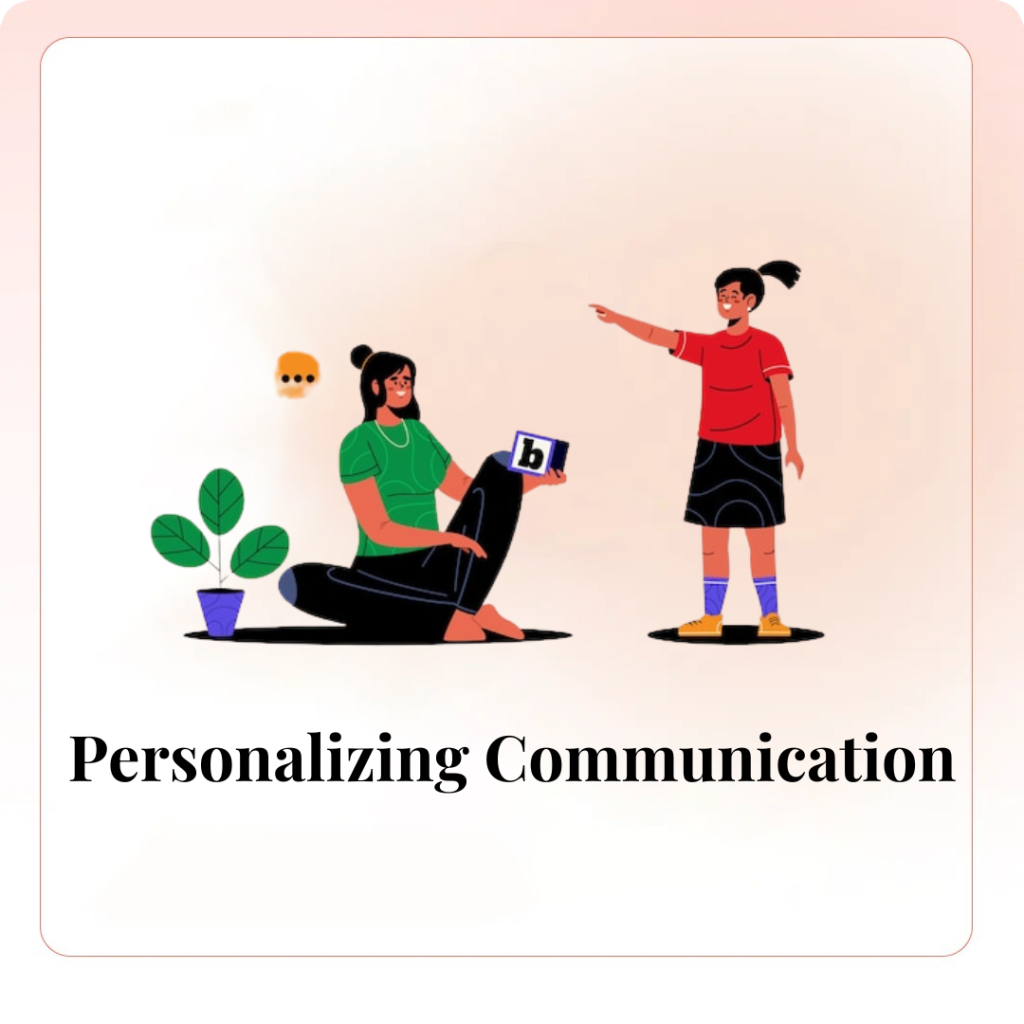
Personalized communication helps build relationships with prospective and current students. Strategies include:
- Email Marketing: Sending personalized emails to students based on their interests, application status, and engagement history.
- Marketing Automation: Using automation tools to send timely and relevant messages, such as application reminders, event invitations, and follow-up emails.
- Chatbots: Implementing chatbots on your website to provide instant answers to common questions and guide students through the admissions process.
3. Leveraging Social Media
Social media platforms are essential for engaging with students. Effective tactics include:
- Content Sharing: Posting regular updates about campus events, student achievements, and academic programs.
- Interactive Campaigns: Running contests, polls, and Q&A sessions to encourage student participation and interaction.
- Influencer Partnerships: Collaborating with student influencers to share authentic experiences and reach a wider audience.
- Paid Advertising: Utilizing targeted ads on platforms like Facebook, Instagram, and LinkedIn to promote programs and events.
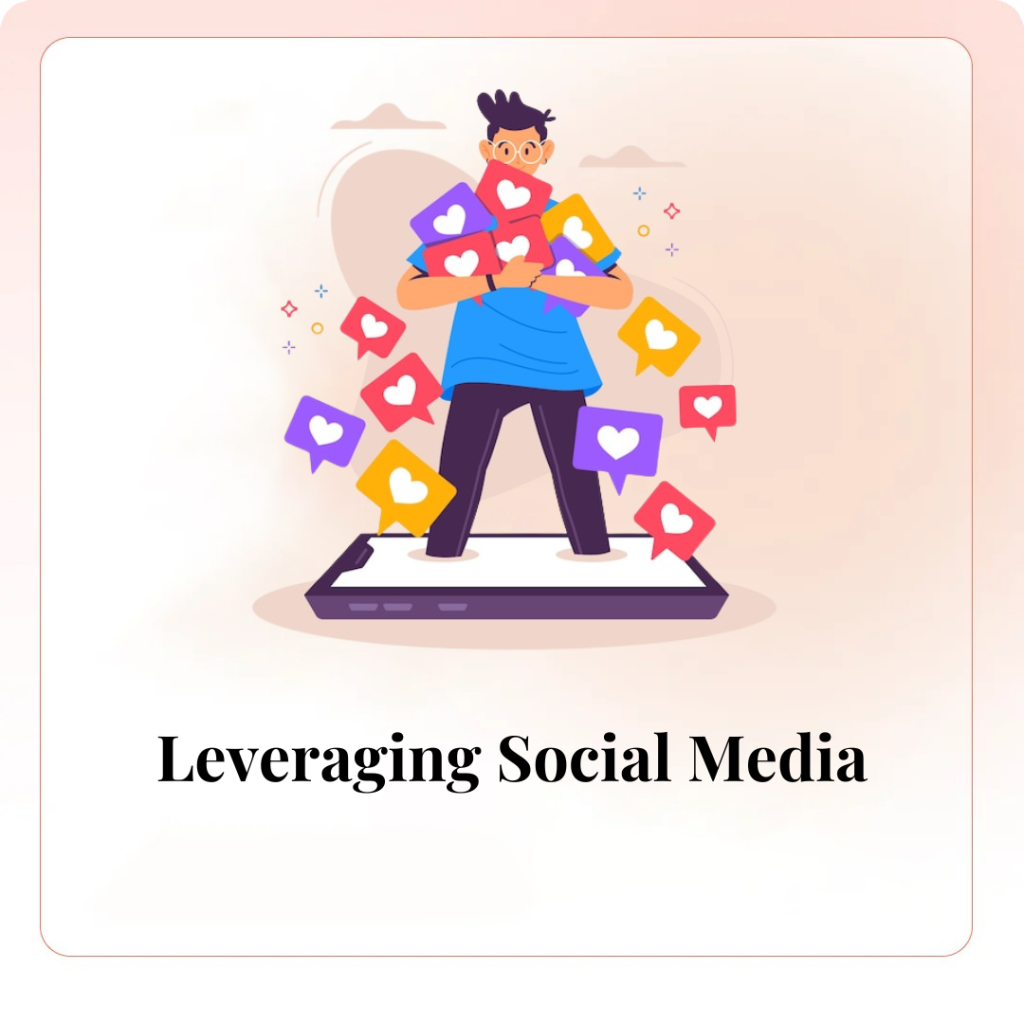
4. Building a Strong Online Presence
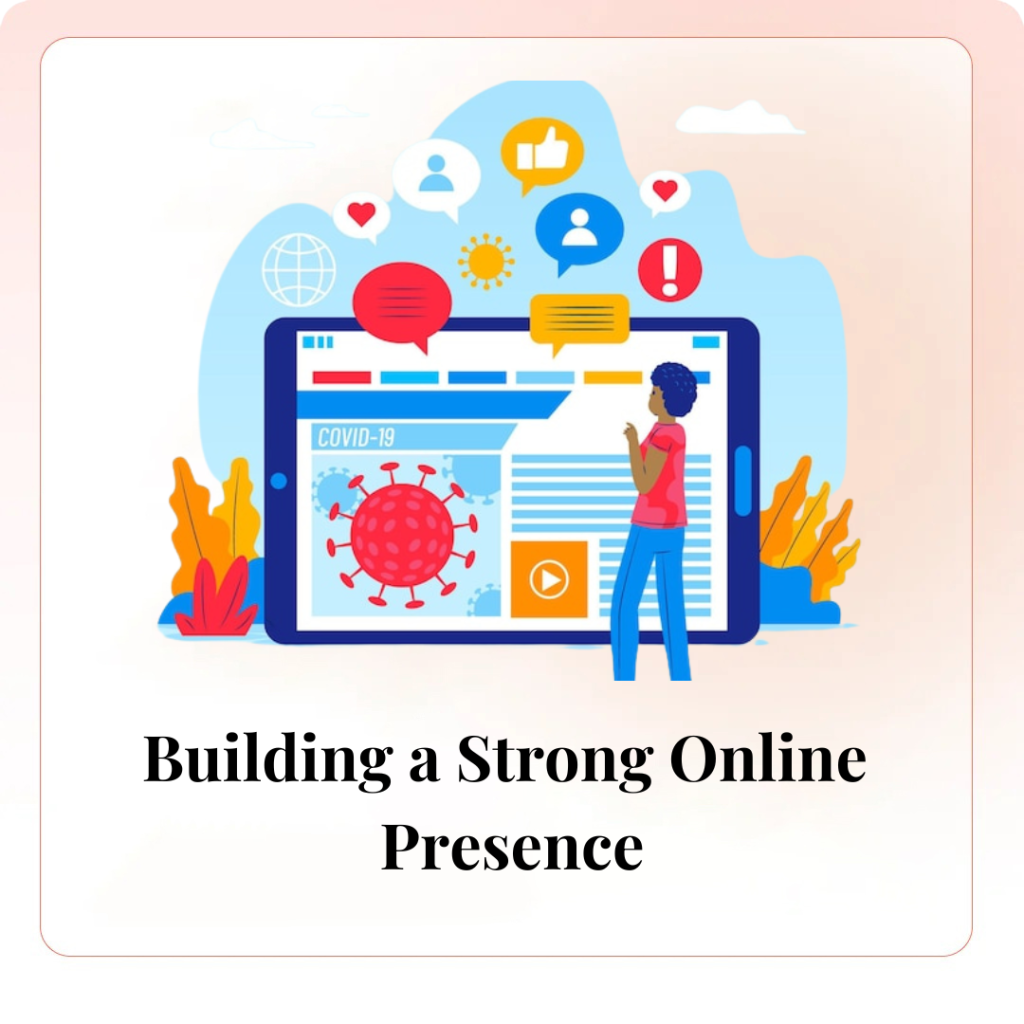
A strong online presence is vital for attracting and retaining students. Key components include:
- Responsive Website Design: Ensuring your website is mobile-friendly and provides a seamless user experience.
- Content Hub: Creating a centralized hub for all your digital content, including blog posts, videos, podcasts, and downloadable resources.
- Online Reviews and Testimonials: Encouraging current students and alumni to share their experiences and reviews on platforms like Google and social media.
- SEO Best Practices: Continuously optimizing your website and content for search engines to maintain visibility and attract organic traffic.
5. Analyzing and Optimizing Campaigns
Data-driven decision-making is essential for effective digital marketing. Utilize analytics tools to:
- Track Performance: Monitor website traffic, social media engagement, email open rates, and conversion rates to assess the effectiveness of your campaigns.
- Understand Audience Behavior: Analyze data to gain insights into student preferences, behaviors, and trends.
- Refine Strategies: Use data-driven insights to refine your marketing strategies, allocate budgets more effectively, and optimize your campaigns for better results.
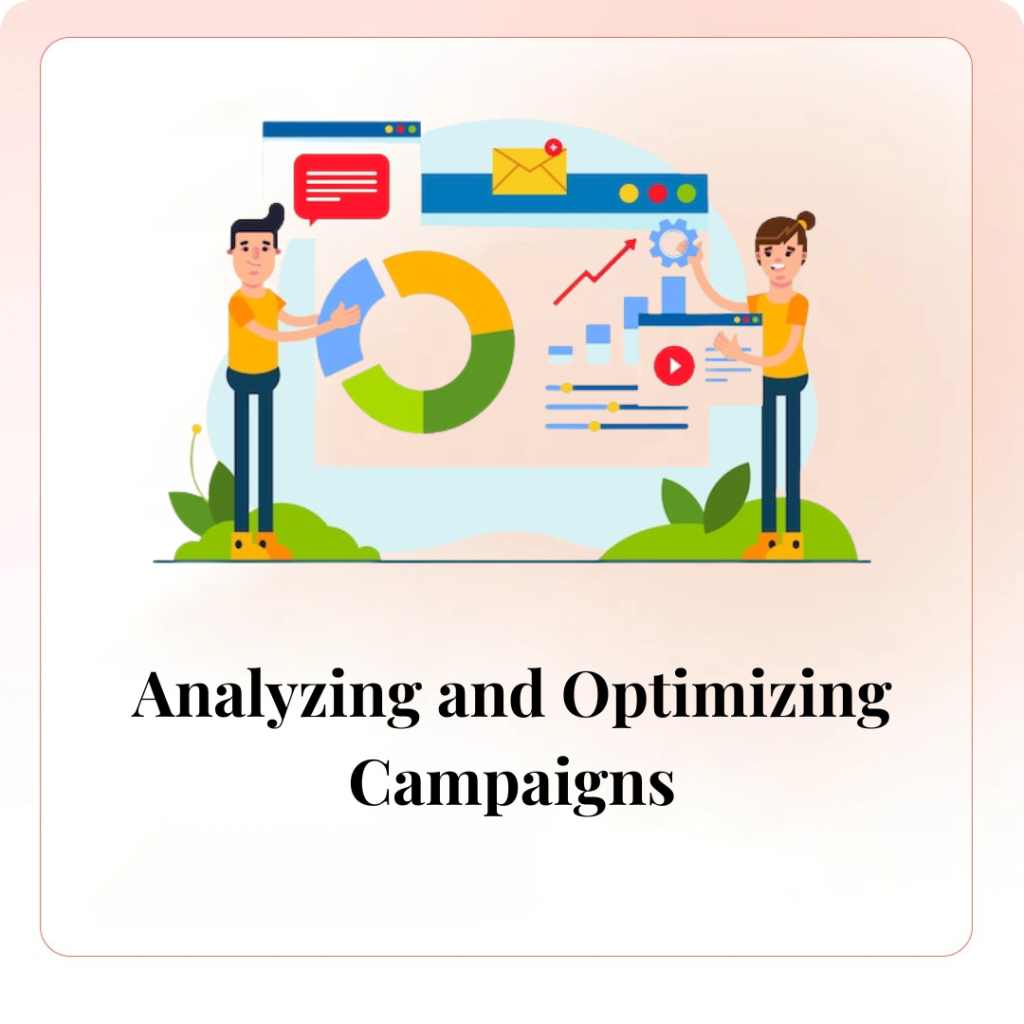
6. Supporting Retention and Engagement
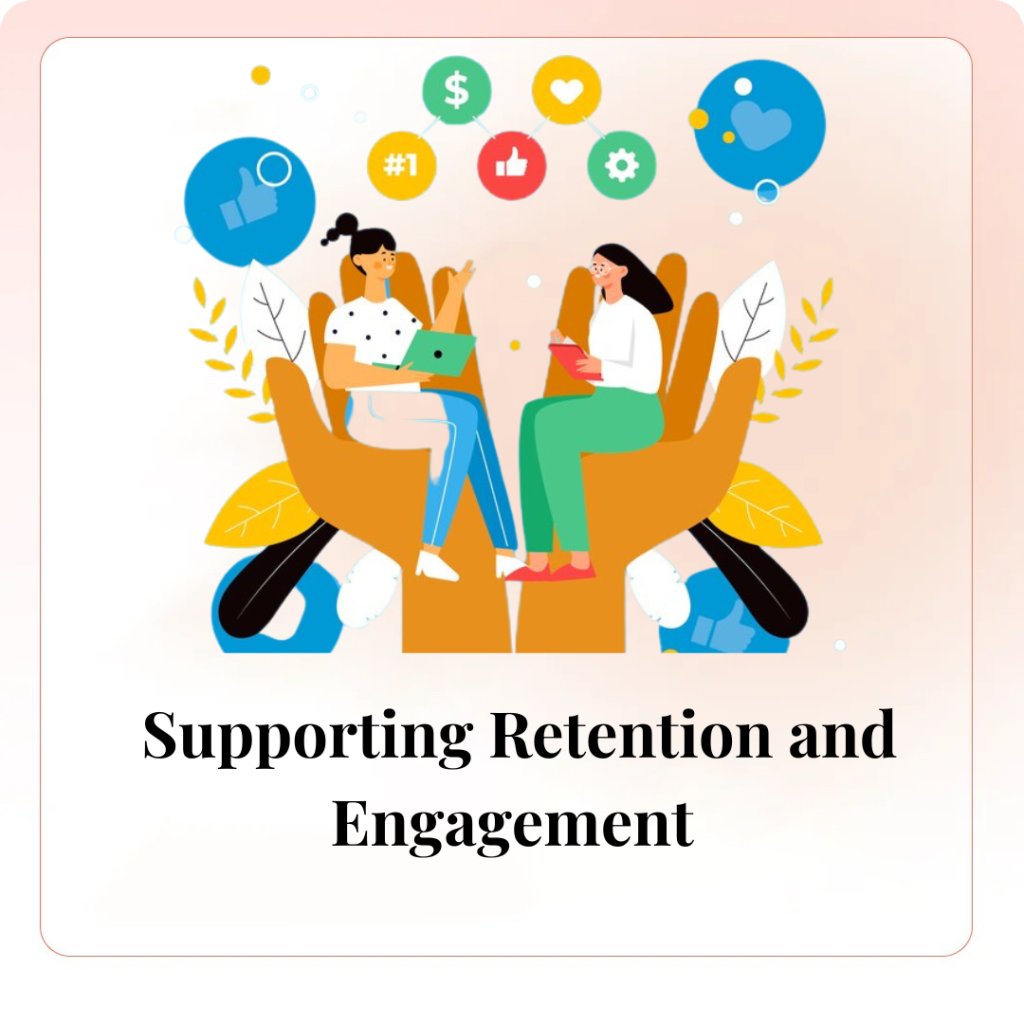
Digital marketing is not only for recruitment but also for student retention and engagement. Strategies include:
- Student Portals: Developing online portals where students can access academic resources, campus news, and support services.
- Online Communities: Creating online communities and forums for students to connect, collaborate, and support each other.
- Feedback and Surveys: Collecting feedback through surveys and social media to understand student needs and improve their experience.
- Regular Updates: Keeping students informed with regular updates on academic schedules, events, and opportunities.
Conclusion
Digital marketing plays a pivotal role in the higher education sector, transforming how institutions attract, engage, and retain students. By leveraging SEO, social media, content marketing, and personalized communication, colleges and universities can build strong relationships with prospective and current students, ultimately enhancing their overall educational experience. Embrace digital marketing to stay competitive and relevant in the ever-evolving landscape of higher education.

